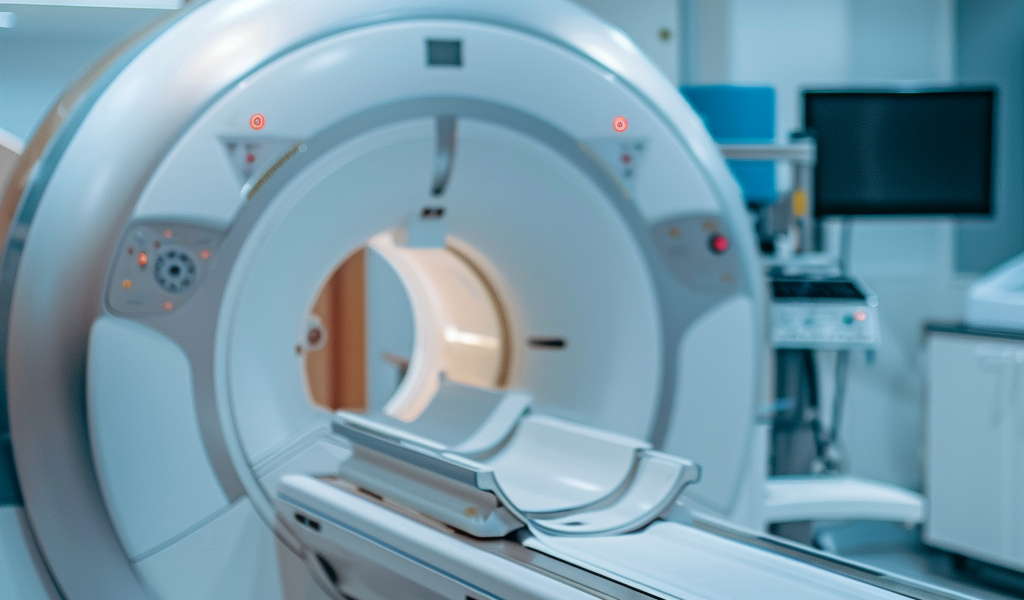PET/MRI technology has shown promising results in accurately classifying prostate cancer patients, potentially offering a way to avoid unnecessary biopsies, according to a recent study published in The Journal of Nuclear Medicine. The study, conducted in China, highlights the potential of PET/MRI in improving diagnostic accuracy for prostate cancer cases.
The research focused on applying the PRIMARY scoring system to PET/MRI results, revealing that utilizing this system could help in avoiding more than 80% of unnecessary biopsies while potentially missing only one in eight clinically significant prostate cancer cases. This finding underscores the importance of accurate diagnostic tools in the field of prostate cancer detection.
Prostate Imaging Reporting and Data System (PI-RADS) is a widely used scale for evaluating suspected prostate cancer on MR images. The study found that PI-RADS category 3 lesions, which often present an unclear suggestion of clinically significant prostate cancer, pose a diagnostic challenge. While current guidelines recommend biopsies for such cases, less than 20% of PI-RADS 3 lesions actually contain clinically significant prostate cancer.
Dr. Hongqian Guo, a urologist involved in the study, emphasized the dilemma presented by PI-RADS 3 lesions, as immediate biopsy may be unnecessary, but a monitoring strategy could lead to missed diagnoses of clinically significant prostate cancer. The study aimed to address this challenge by ruling out clinically significant prostate cancer among PI-RADS 3 lesions.
The study included 56 men with PI-RADS 3 lesions who underwent 68Ga-PSMA PET/MRI. The PRIMARY system, based on 68Ga-PSMA pattern, localization, and intensity information, was used to report findings. Following imaging, all patients underwent prostate biopsies to determine clinically significant prostate cancer cases.
Results showed that when a PRIMARY score of at least four was used to decide on biopsies for men with PI-RADS 3 lesions, the majority of participants could have avoided unnecessary biopsies, potentially missing only a small percentage of clinically significant cases. This suggests that incorporating 68Ga-PSMA PET/MRI into the diagnostic process could enhance the classification of PI-RADS 3 lesions.
Dr. Guo highlighted the value of 68Ga-PSMA PET/MRI in classifying PI-RADS 3 lesions, offering new insights into its clinical application. The study suggests that in the future, patients with PI-RADS 3 lesions could benefit from undergoing 68Ga-PSMA PET/MRI before considering prostate biopsies.





